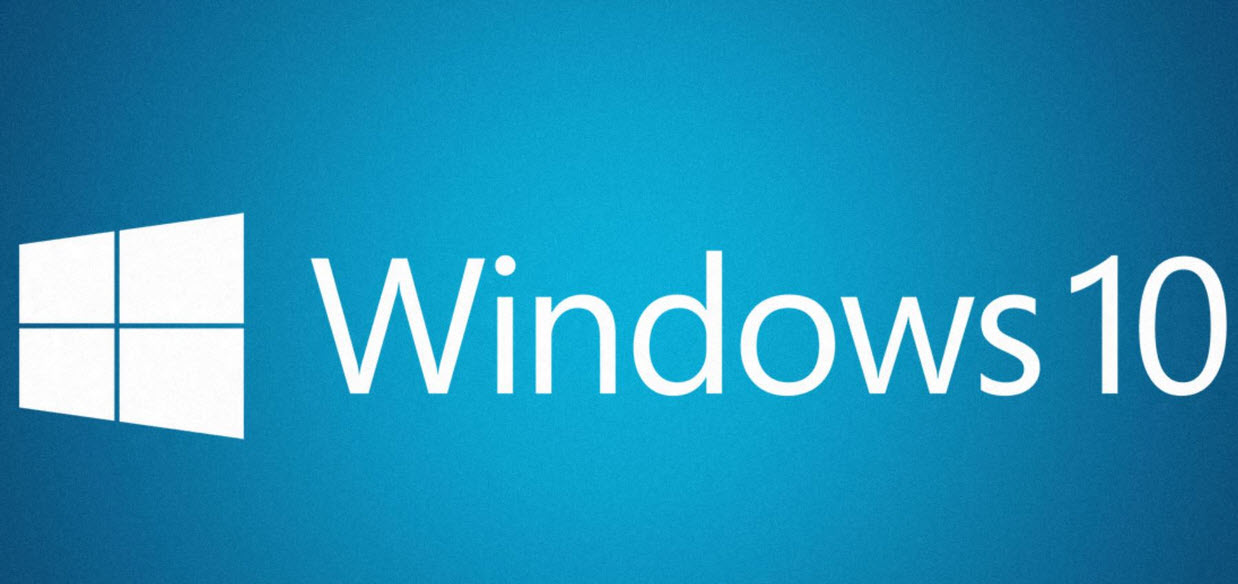First Windows 10 mobile preview, due in February, key to Microsoft's OneCore vision

Tomorrow, January 21, is Microsoft's second "big reveal" event for its coming Windows 10 operating system. (The first was in late September, when the company offered an overview of its Windows 10 strategy and technical preview plans.)

Microsoft officials declined to comment on the availability date. But I'm confident the February timing is solid, based on my knowledge of the track record of my sources. I don't know whether Microsoft also will time the release of the next technical preview build of Windows 10 for desktops so that it coincides with the mobile version in February.
The "Windows 10: The Next Chapter" event on January 21 in Redmond will provide Microsoft with a showcase for its Windows 10 mobile operating system. From what my sources are saying, Microsoft also will be showing off some of its work around its touch-first/Windows Store version of Office, and possibly its progress on "Project B," the so-called Windows gaming "helmet" on which the company's devices division has been working.
The biggest takeaway Microsoft is hoping to deliver this week, sources say, is that Windows 10 is built on a single, common "core" (known internally as "OneCore") that will work across a variety of devices, from phones, tablets, PCs, large-screen displays like the company's Perceptive Pixel multitouch-screen devices, and ultimately, Xbox.
OneCore implies more than just the common kernel that Microsoft touted as part of its Windows 8/Windows Phone 8 stories. In addition to the OS kernel, OneCore also includes the dynamic link libraries (DLLs), application platform layer and other pieces of the operating system. Microsoft's pitch to developers with Windows 10 will be they can target the same core environment with their apps, and those "Universal" apps will work across a range of screen sizes. These apps will be available in a single store, rather than separate Windows, Windows Phone and Xbox stores.
OneCore does not imply there will be just one Windows SKU, or version, however, even if Microsoft execs refer to the coming OS releases as "Windows 10" on its various devices. There will still be multiple Windows 10 variants, which will be optimized (and priced) according to screen size and device type.
With its new productivity and platforms charter, Microsoft has been stepping up its work to deliver its software and services across platforms from a variety of vendors, not just Microsoft only. At its Windows 10 consumer preview reveal this week, Microsoft's mission will be to show Windows users that the company plans to provide them with software and services that are more deeply integrated and fully featured than those it is providing on Android and iOS.
More Windows 10
Cortana, Microsoft's personal digital assistant, is one of the services that Microsoft will be able to integrate more deeply into Windows than it can or will into Android and iOS. Gaming services that span PCs and new peripherals like the aforementioned gaming helmet, Microsoft's alternative to Oculus Rift 3D gaming headset, are another differentiator that company officials are likely to highlight at this week's Windows 10 event.
The touch-first/Universal version of Microsoft Office that the company is building to run across its various Windows devices, is another example of something officials are hoping will be a potential differentiator between Windows and other operating systems. The touch-first Office release, part of Microsoft's Office "Gemini" wave, will be a Universal app, meaning much of its core code will be common to Windows 10 and Windows 10 mobile devices, sources have said.
It's expected that Microsoft will require an Office 365 subscription to unlock some of the functionality in the coming touch-first Office release for Windows, as it does with Office on Android and iOS. (In fact, the touch-first Office for Windows release shares a very large amount of common code with the Office for Android release.)
I've heard from one of my contacts that Microsoft will make the first public preview of touch-first Office for Windows available in February, with the final version expected in the second half of this calendar year.
Microsoft's new "Spartan" browser, which will work across the Windows 10 desktop, Windows 10 mobile and ultimately, the Xbox One, also will be a key piece of Microsoft's Windows 10 everywhere message, sources have said. Spartan isn't replacing Internet Explorer, sources have said; IE will be available on desktop Windows devices for those users who want/need it.
Spartan is expected to use Microsoft's own Trident rendering engine, not Webkit. But Spartan will tell Web sites that it is "like" Webkit, improving compatibility, one of my sources has said.
Microsoft execs are expected to talk more about its Windows 10 strategy around mobile devices and phones at the Mobile World Congress in early March in Barcelona. Company officials also are likely to share more about the Universal App and developer plans for the various Windows 10 versions during the company's Build 2015 conference in late April this year. (Registration for Build opens on January 22.)
Microsoft is expected to launch Windows 10 later this fall. But the Windows 10 desktop and mobile SKUs are likely to be released to manufacturing months before the orchestrated fall 2015 product launch.
Microsoft is live streaming the morning keynote portion of the January 21 Windows 10 event, starting at noon ET/9 am PT. Watch my blog and Twitter stream for ongoing coverage during the day-long event for more news.